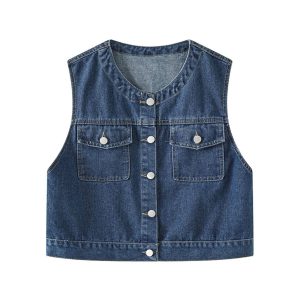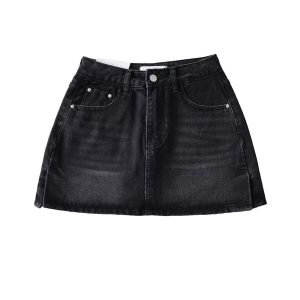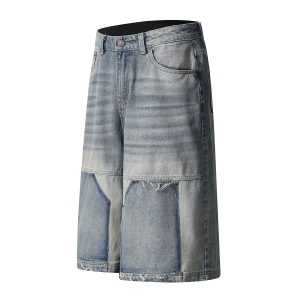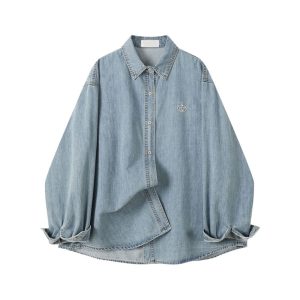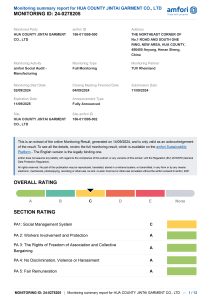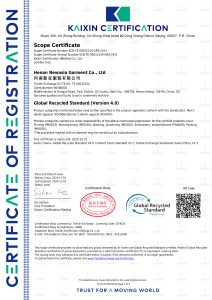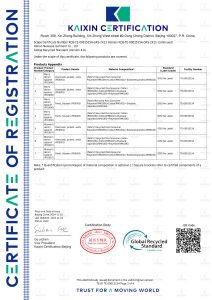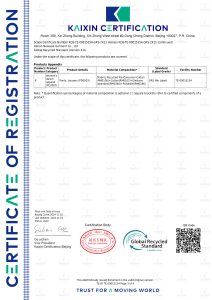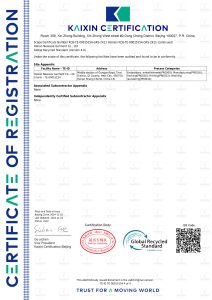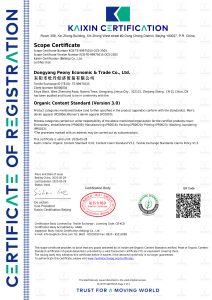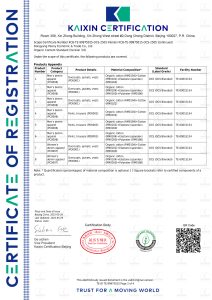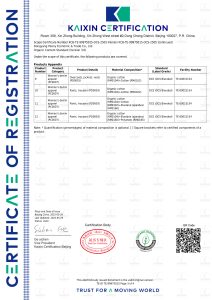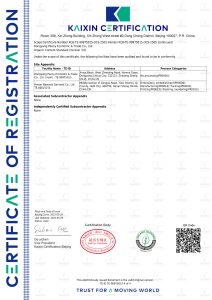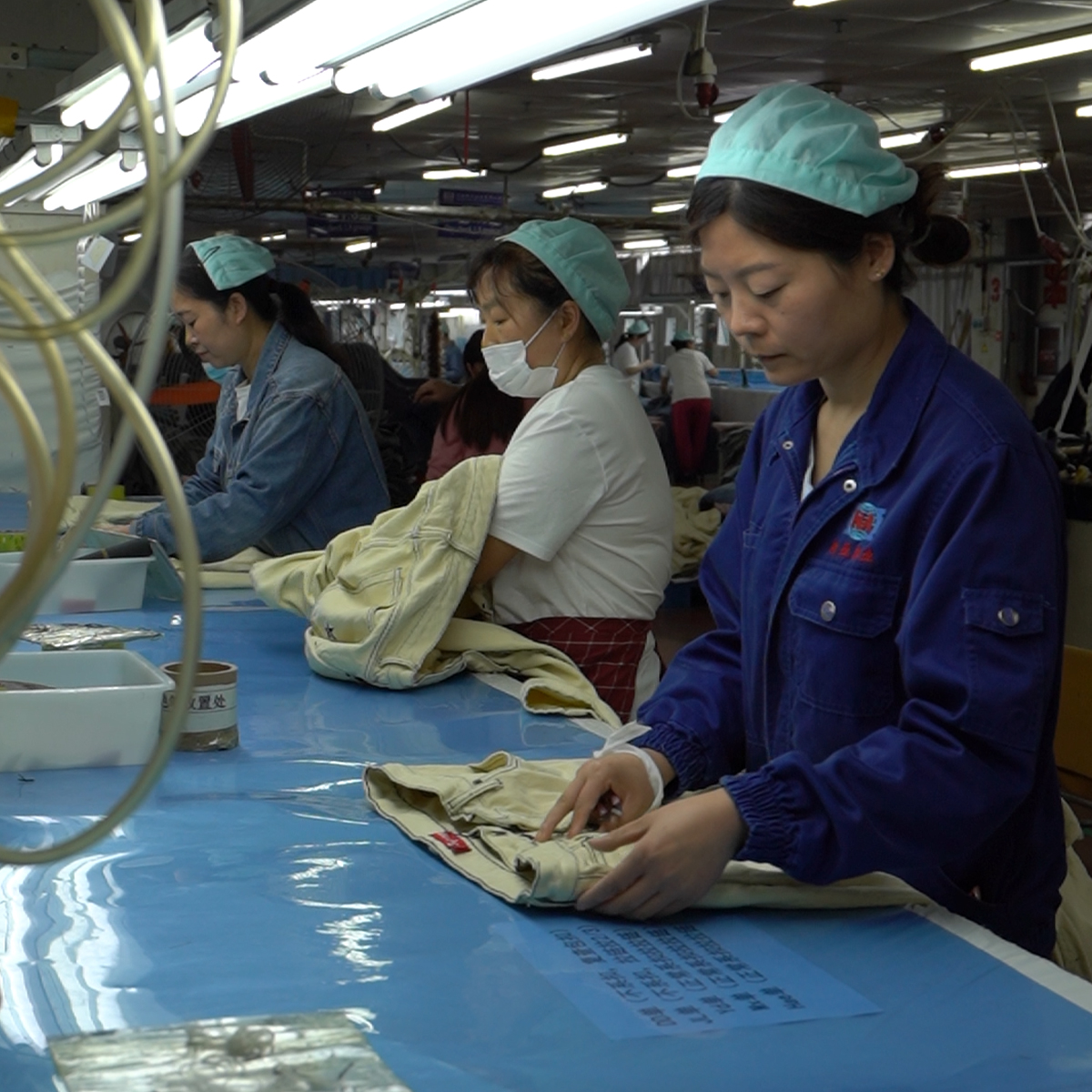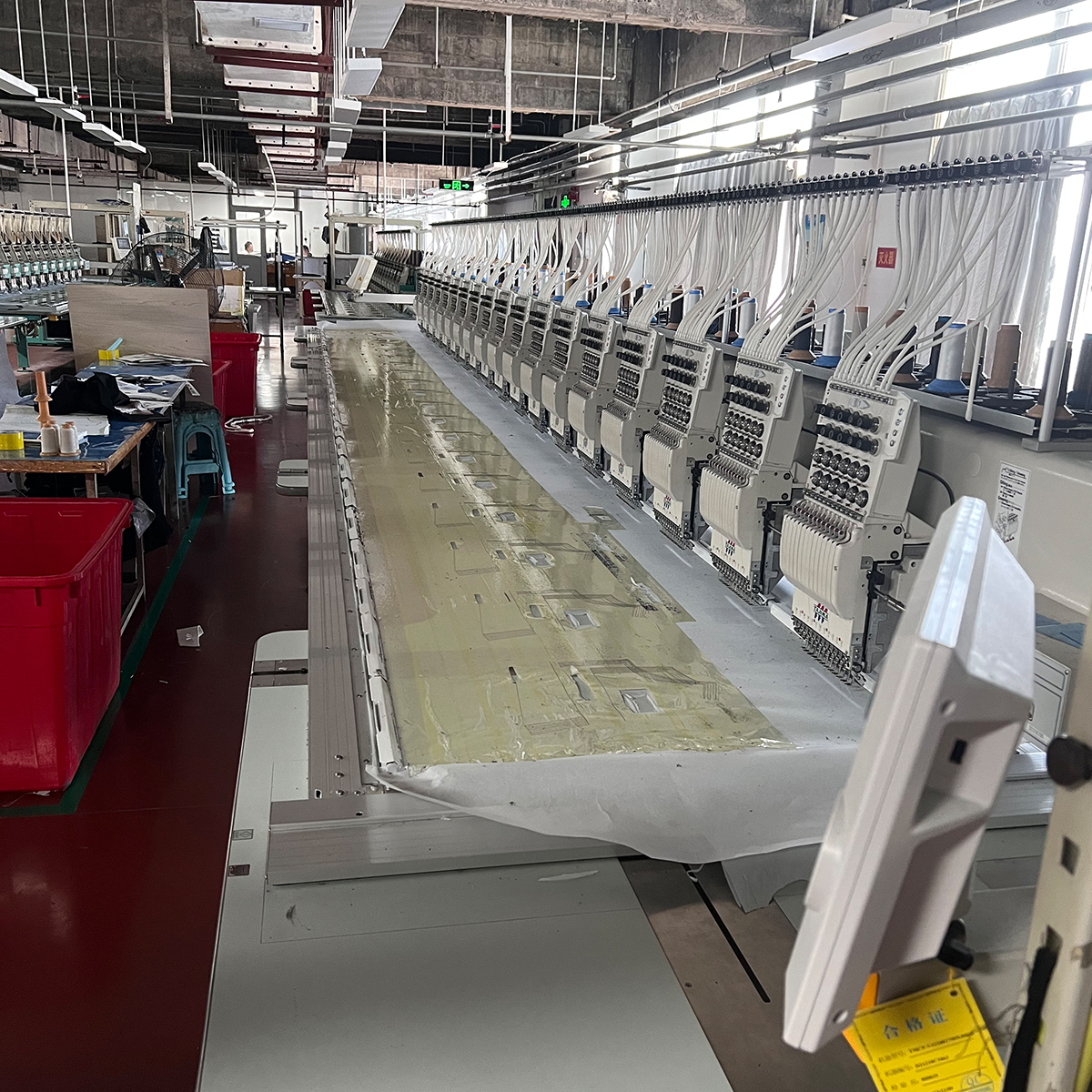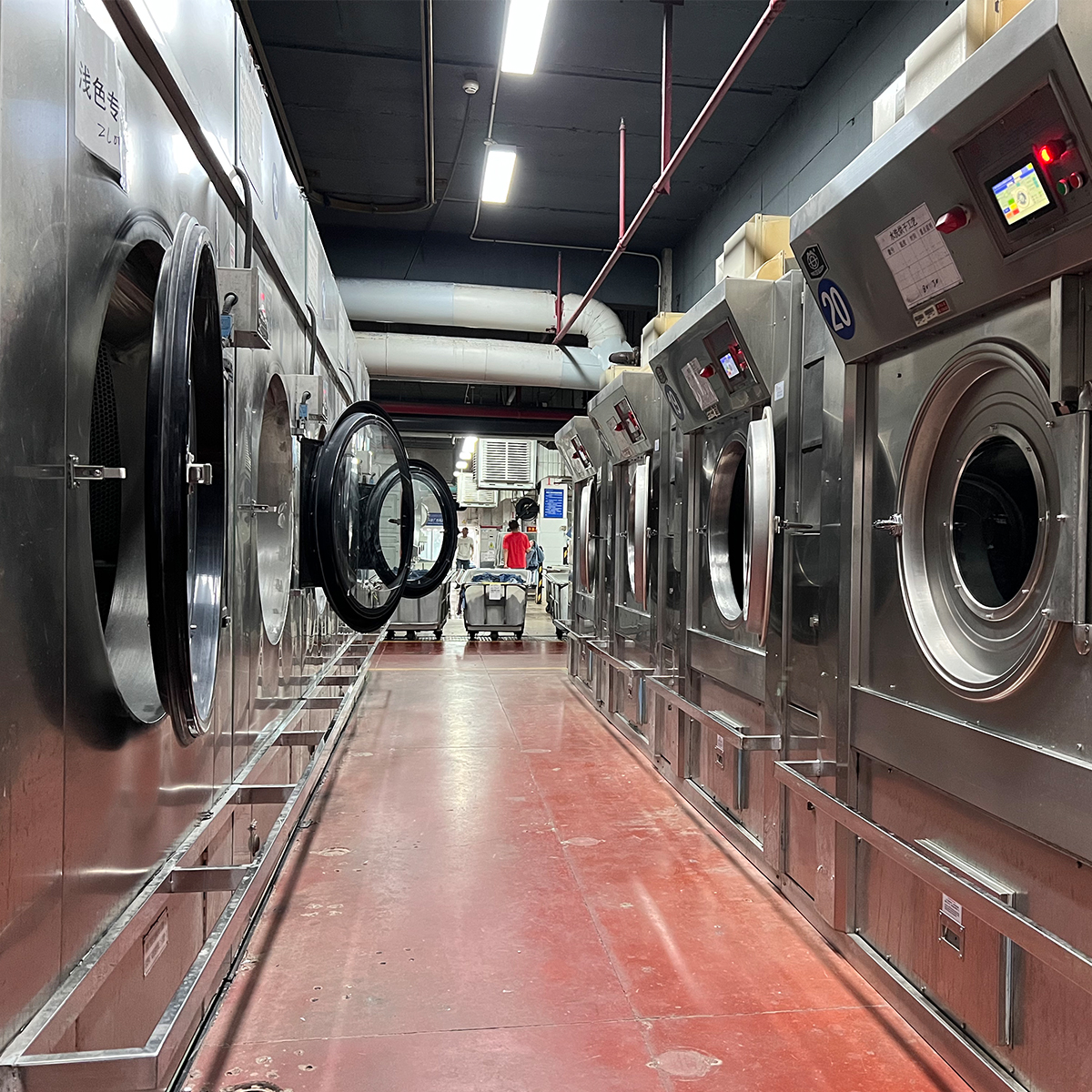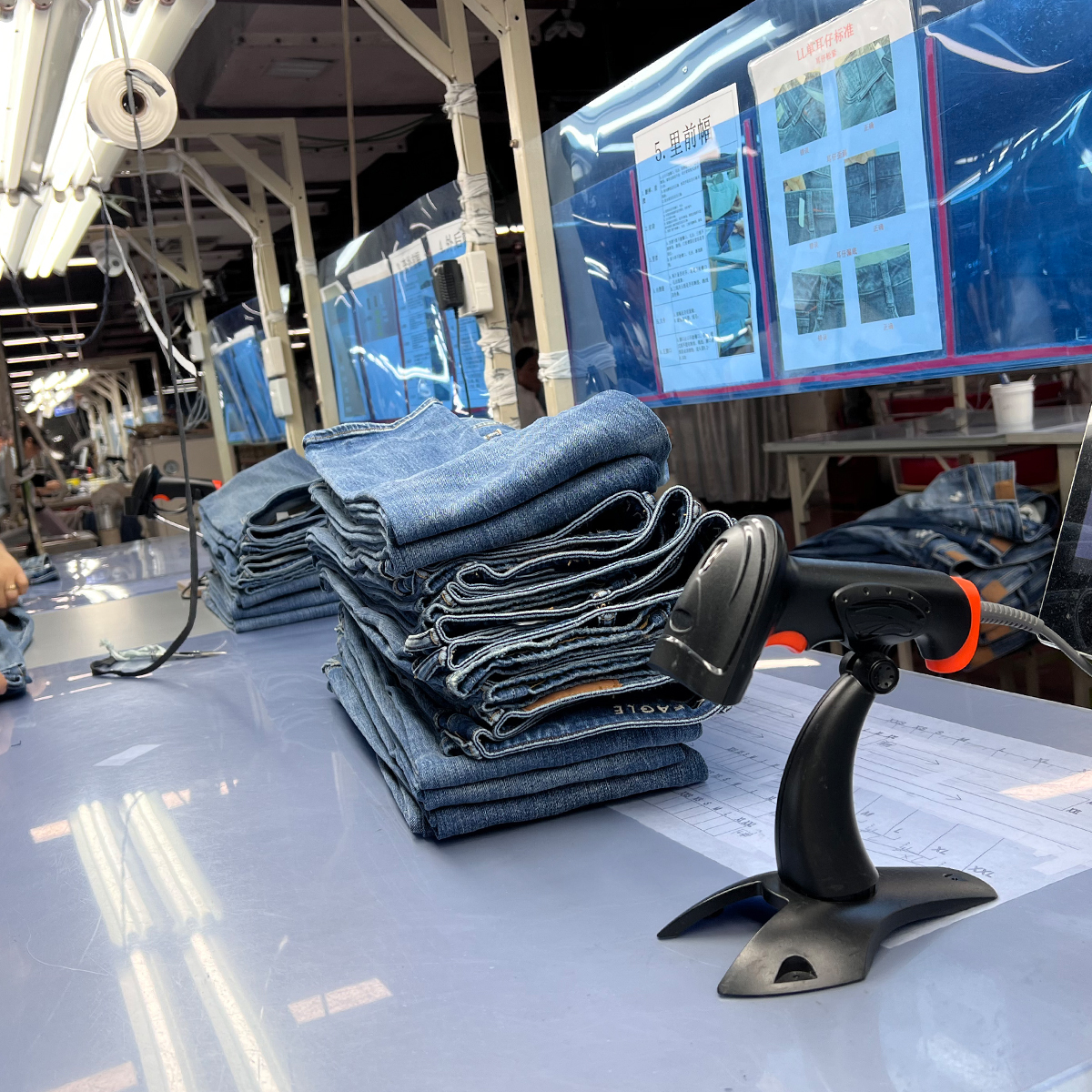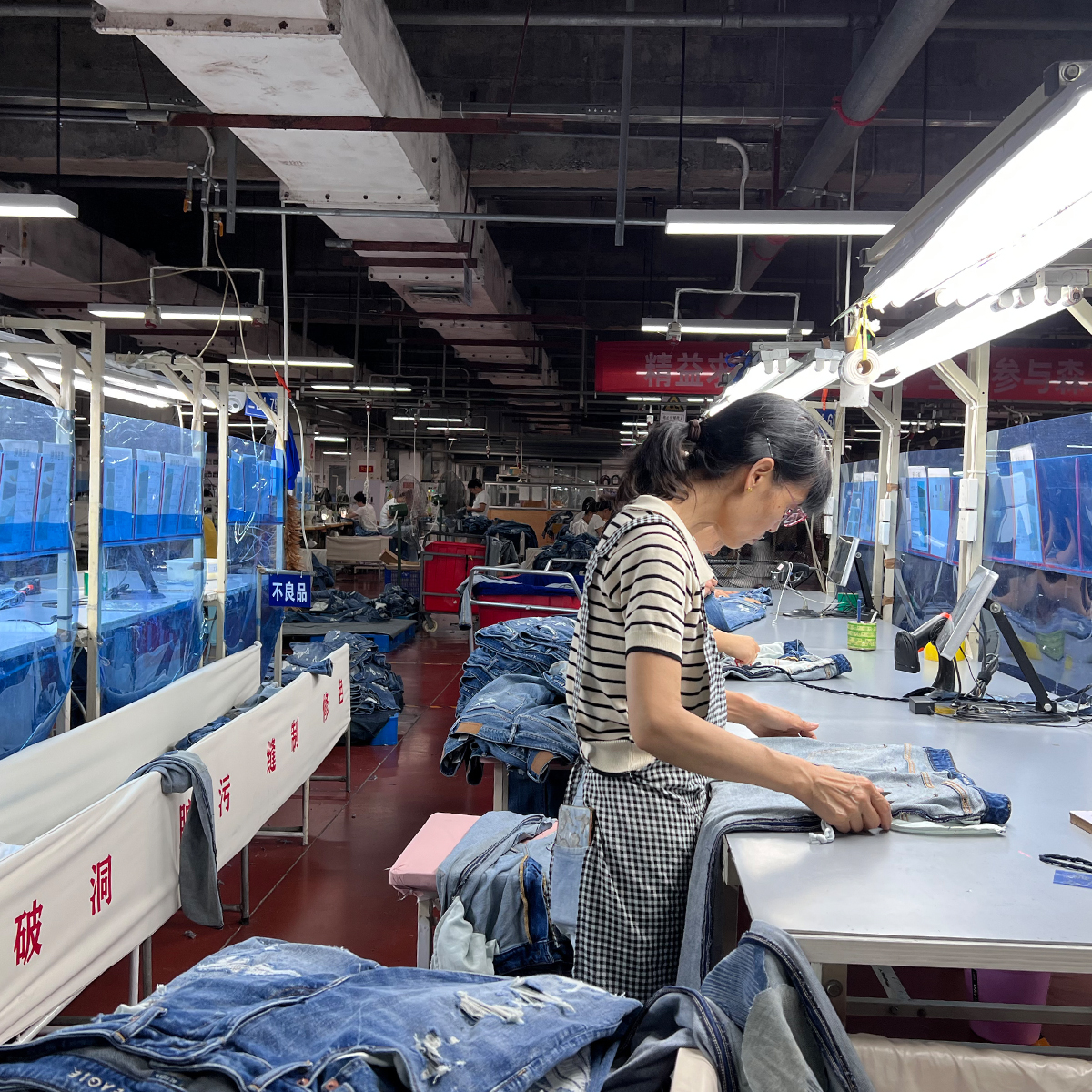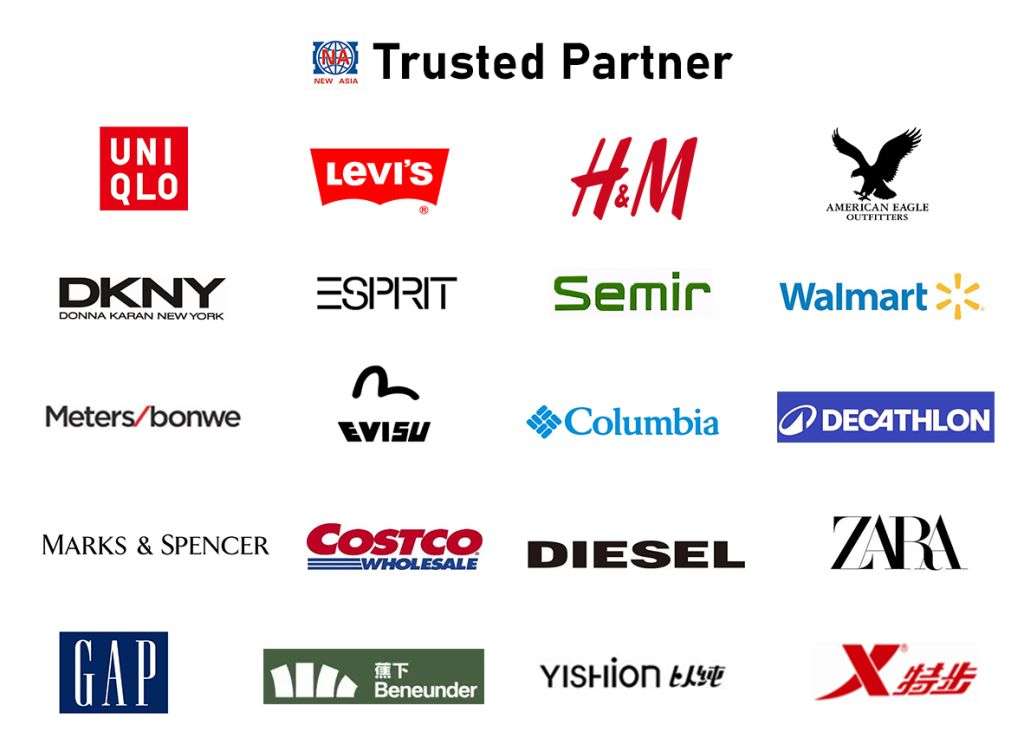Denim slim fit jeans have gained immense popularity over the last few years. With their stylish and comfortable fit, they serve as a versatile addition to any wardrobe. For manufacturers and retailers, understanding the dynamics of sourcing quality denim slim fit jeans is crucial. In this guide, we delve into how to find the best manufacturers in the industry, the benefits of slim fit jeans, and what to look for when selecting a manufacturer.
The Rise of Slim Fit Jeans
The fashion industry is continually evolving, and slim fit jeans have become a staple in many wardrobes. They offer a contemporary silhouette that is flattering for various body types. The adaptability of these jeans allows them to be worn on numerous occasions—from casual outings to more formal events when paired intelligently. Brands that invest in quality slim fit jeans typically see a higher customer retention rate due to their evergreen appeal.
Importance of Selecting the Right Manufacturer
Choosing the right manufacturer is one of the most critical decisions any denim brand can make. The durability, style, fit, and overall quality of jeans significantly depend on the manufacturer’s capabilities. Here are several factors to consider when selecting a manufacturer for denim slim fit jeans:
- Quality Control: Before entering a partnership, it’s essential to assess the manufacturer’s quality control processes. Manufacturing jeans is an intricate process that requires attention to detail, from fabric selection to stitching.
- Fabric Sourcing: The quality of denim used in the production of slim fit jeans directly influences the final product. Opt for manufacturers who prioritize sourcing high-quality fabrics that offer the right blend of comfort and durability.
- Production Capacity: A manufacturer’s capacity to meet your volume needs is also vital. Ensure they can produce the required amount without compromising quality.
- Design Innovation: Collaborating with a manufacturer that values design innovation can help you stay ahead of trends in the fashion industry.
- Experience and Reputation: It’s wise to research a manufacturer’s track record within the industry. An experienced manufacturer often understands the nuances of denim production and has a better grasp of various market demands.
Finding Reliable Denim Slim Fit Jeans Manufacturers
With globalization, finding manufacturers for denim slim fit jeans can be easier than it used to be. Here are some channels and methods to find reliable manufacturers:
Online Directories
Online directories such as Alibaba, Maker’s Row, and ThomasNet provide listings of manufacturers, including those specializing in denim products. These platforms often have customer reviews and ratings, helping you narrow down your options.
Trade Shows and Expos
Attending textile trade shows and fashion expos can offer direct access to manufacturers. Here, you can view samples, negotiate contracts, and discuss specifications face-to-face. Events like the Apparel Sourcing International Show and the New York Textile Show are great places to network.
Industry Recommendations
Networking within the fashion and textile community can yield recommendations for reputable manufacturers. Fellow entrepreneurs often have valuable insights about their experiences, which can save you considerable time and potential headaches.
Social Media Platforms
Social media platforms, particularly LinkedIn, can be powerful tools for finding manufacturers. Numerous groups and discussions focus on textile manufacturing, including denim. Engaging with these communities can lead to fruitful connections.
Benefits of Partnering with Quality Manufacturers
Partnering with reliable manufacturers offers a plethora of advantages:
- Consistency: Quality manufacturers provide consistency in the product’s fit and finish. This is key to maintaining your brand’s reputation.
- Scalability: A good manufacturer allows you to scale your production as your brand grows, ensuring you meet demand without sacrificing quality.
- Cost Efficiency: While it may seem more cost-effective to choose a cheaper option, investing in quality manufacturing usually offers better long-term savings through fewer returns and higher customer satisfaction.
- Collaboration: Quality manufacturers often have teams of designers and product developers. Collaborating on new styles and features can help keep your offerings fresh and appealing to consumers.
Top Tips for Negotiating Contracts
When you find a manufacturer that fits your criteria, it’s time to negotiate a contract. Here are some essential tips:
- Start Openly: Discuss your business goals and what you expect from the partnership. This sets a positive tone for negotiations.
- Clarity in Specifications: Make sure to specify every detail regarding fabric types, construction methods, colors, and sizes to avoid any misunderstandings.
- Payment Terms: Discuss payment methods, order sizes, and timelines for payments clearly to avoid future disputes.
- Delivery Schedule: Confirm timelines for production and delivery to ensure your inventory levels meet your marketing strategies.
Innovation in Denim Slim Fit Jeans
As sustainability becomes a vital topic in the fashion industry, manufacturers are increasingly adopting eco-friendly practices. The introduction of organic denim, water-saving technologies, and ethical labor practices are just a few innovations redefining denim manufacturing:
- Organic Denim: Made from cotton grown without pesticides or synthetic fertilizers, organic denim provides a sustainable alternative to conventional denim.
- Waterless Dyeing Techniques: Utilizing technology that saves significant water usage helps manufacturers appeal to environmentally-conscious consumers.
- Repurposing Waste: Some innovative manufacturers are now turning fabric scraps into new products, enhancing their sustainability and reducing wastage.
As the demand for denim slim fit jeans continues to rise, understanding how to find the right manufacturers is essential for your brand’s success. By considering quality, capacity, and sustainable practices, you’re embarking on a journey that not only prioritizes profit but also resonates with consumers seeking authenticity and responsibility in fashion.



